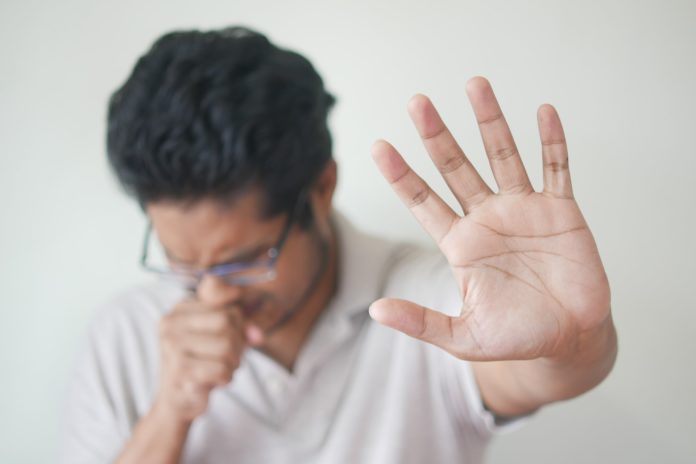The immune system naturally defends the human body against threats like viruses and bacteria. However, there are times that the body fights against typically non-threatening substances such as allergens or substances that cause allergic reactions.
Allergic reactions happen when your body acts up against these substances. Allergy symptoms vary depending on the allergen and your body’s response to it. They can be as mild as sneezing a few times or as severe as having difficulty in breathing.
It is best to know how to manage these symptoms and avoid getting complications. Knowing what symptoms are mild and what are severe will let you know when the right time to see a doctor is.
Seeing a specialist, such as an ENT doctor in Cebu City, is highly recommended, but common symptoms can be managed pretty easily.
Common allergy symptoms include:
1. Hives, Rashes, and Itchy Skin
These are one of the most common manifestations of allergy. Hives are itchy and bumpy red spots on your skin that usually appear after eating or touching an allergen. Rashes are small red spots that can cause scaly and itchy skin.
Common allergens include food (shrimp, milk, peanuts), dust, drugs, and prolonged exposure to cold temperatures. Insect bites can also trigger hives and rashes. Soothing creams and taking antihistamines can temporarily give relief, but it is always best to avoid known allergens as much as you can.
2. Nasal congestion and sneezing
You might find yourself waking up in the morning with a congested nose and almost non-stop sneezing. This may be caused by allergic rhinitis or hay fever.
The most common culprits of this reaction are pollen and dust. Taking antihistamines can also help relieve your symptoms, but taking nasal decongestants can also help for more blocked airways.
3. Itchy and sore throat
Another common symptom of allergies is sore or itchy throat. You may experience difficulty in swallowing. This can also manifest as frequent coughing or loss of voice.
Dust, molds, and animal dander are common allergens that can trigger such symptoms. Aside from antihistamines, gargling warm water with salt can help relieve your throat. You may take lozenges to provide comfort for your throat as well.
4. Watery and itchy eyes
After passing through a smoky area, you might find yourself tearing up. Dust and other small particles in the air can cause this. The eyes naturally clean themselves by producing tears that would wash away foreign materials.
Watery and itchy eyes are also symptoms of an allergic reaction to lingering exposure to such particles. If the eyes’ natural lubrication process is insufficient, eye drops can help out.
Also Read: Infographic: Are Allergies Making You Tired?
Some allergic reactions manifest as severe symptoms, which may include:
- Difficulty in breathing
- Swollen lymph nodes, resulting- in difficulty in movement
- Abdominal pain or cramps
- Diarrhea
- Vomiting
- Heart palpitations
- Chest pains
- Anxiety or panic attacks
- Headaches and dizziness
- Unconsciousness
Another severe reaction, which can happen immediately after exposure to allergens, is anaphylaxis. This can be life-threatening if not treated right away.
Usually, the airways are blocked due to swelling, making it difficult and almost impossible to breathe. Blood pressure can also drop suddenly. Swelling of body parts like tongue, cheeks, and hands may also happen. Call for medical help when this happens. If you manifest severe symptoms frequently, your doctor may recommend that you keep epinephrine for emergencies.
Common symptoms of allergies are usually manageable with antihistamines which come in different strengths and formulations.
There are also home remedies and other over-the-counter products that can help subside the allergic reaction. But if you are prone to severe allergic reactions, it is best to seek a specialist’s advice. Visit an ENT doctor in your local area for some help on how to manage your allergies, especially if certain triggers are unavoidable.


